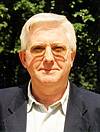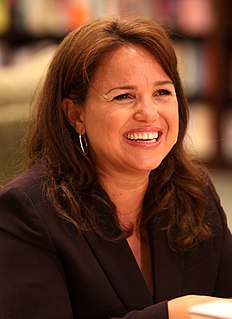A Quote by Peter Dicken
Geographically, the global economy is now multi-polar , as new centres of production have emerged in parts of what had been, historically, the periphery of the world economy. The world is now more accurately described as a 'mosaic of unevenness in a continual state of flux'.
Related Quotes
In point of fact there are a certain number of values and of forces which are of decisive importance in our world civilization: the primacy of production, the continual growth of the power of the State and the formation of the National State, the autonomous development of technics, etc. These, among others - far more than the ownership of the means of production or any totalitarian doctrine - are the constitutive elements of the modern world. So long as these elements continue to be taken for granted, the world is standing still.
Well, I think that when you think about the challenges we face, these are challenges that require us to look forward and not backwards. When it comes to the economy I think we have to recognize that we are now in a global economy. And that the measure of our success is: how well are we training our workers? How well are we investing in the new energy economy?






























